June 6, 2025 | 19:17 GMT +7
June 6, 2025 | 19:17 GMT +7
Hotline: 0913.378.918
June 6, 2025 | 19:17 GMT +7
Hotline: 0913.378.918
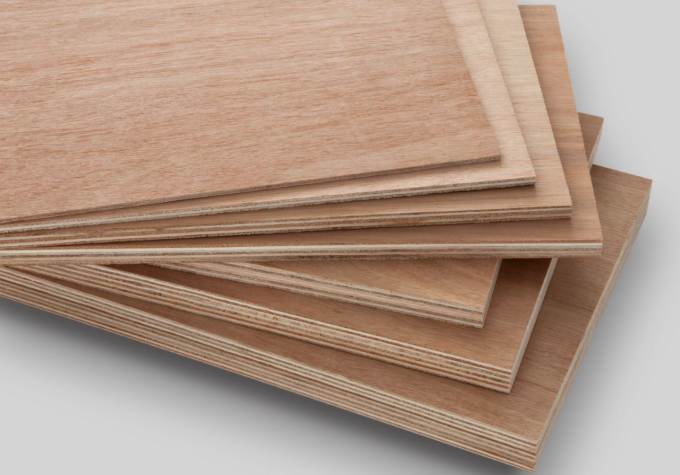
The US extended the deadline for issuing the conclusion on the anti-dumping probe into hardwood plywood imported from Vietnam. Photo: TL.
According to the Ministry of Industry and Trade (MoIT), the DOC plans to issue the conclusion on October 17 instead of April 20. This is the third extension that the DOC has made on the case, which was launched on June 17, 2020, following a request by the US Customs and Border Protection (CBP).
The DOC initiated the case on June 17, 2020, at the request of the US Customs with 2 contents to determine whether hardwood plywood imported from Vietnam into the United States is within the scope of products subject to tariffs.
The first content is a scope inquiry. Accordingly, to determine whether hardwood plywood imported from Vietnam into the US is within the scope of products subject to tariffs, DOC will consider five factors in the exporting process of hardwood plywood production, including investment level of manufacturing and exporting enterprises; level of investment in product research and development; manufacturing process in Vietnam; the scale of production facilities in Vietnam; The value-added part of the product made in Vietnam.
The second content is the investigation of evasion of trade remedies (anticircumvention). The objective of the US trade remedy evasion investigation is to ensure the effectiveness of the current trade remedy measures applied to Chinese hardwood plywood. Therefore, in case Vietnam's plywood manufacturers and exporters can prove that they are not evading the trade remedy measures that the US is applying to China, they will not be subject to anti-evading duties.
Over the past time, the Ministry of Industry and Trade and relevant ministries and branches have coordinated to answer the questionnaires raised by the DOC to verify and clarify the case and also have forms of exchange and dialogue for the Chinese side to have a good understanding of Vietnam’s wood processing and manufacturing industry.
In addition, Vietnamese export enterprises have cooperated with the DOC to prove that their production and export activities are not aimed at evading the US trade remedy tax.
To ensure the legitimate interests of enterprises producing and exporting hardwood products to the US, the Ministry of Industry and Trade recommends that enterprises closely monitor the case's developments and regularly update information from the DOC, Trade Remedies Administration, and import partners in the United States.
Businesses need to fully cooperate with the DOC in the investigation process and contact the Ministry of Industry and Trade to receive timely support.
Translated by Ha Phuc
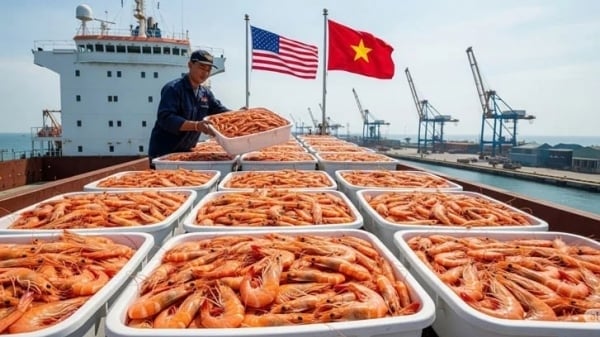
(VAN) Vietnam and the United States are proactively working together, each in their own way, to ensure that every container of agricultural goods carries not just products, but also long-term trust and value.
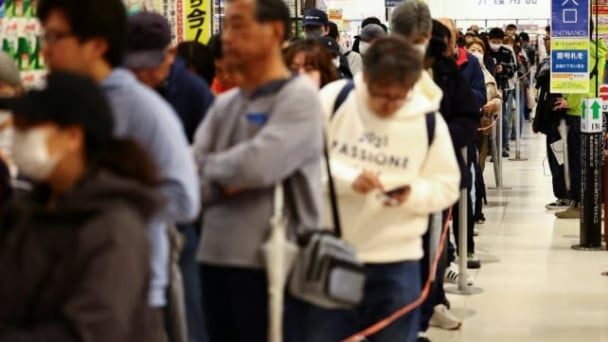
(VAN) Stores have started selling rice from the government’s stockpile to feed demand for the staple.
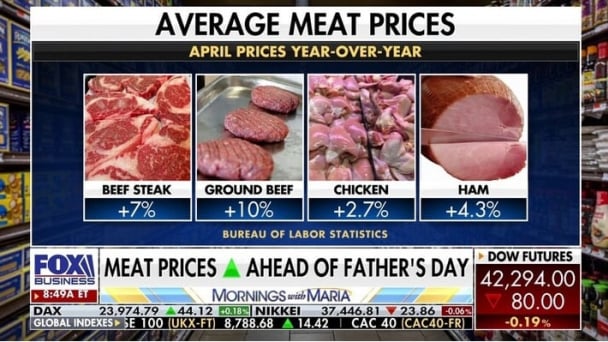
(VAN) Omaha Steaks CEO says rebuilding cattle herds will take about a year to ease price pressures.

(VAN) Reciprocal tariffs and recent NOAA rulings are presenting substantial obstacles for Vietnamese tuna exporters in the U.S. market. As a result, the industry is actively seeking alternative export destinations.
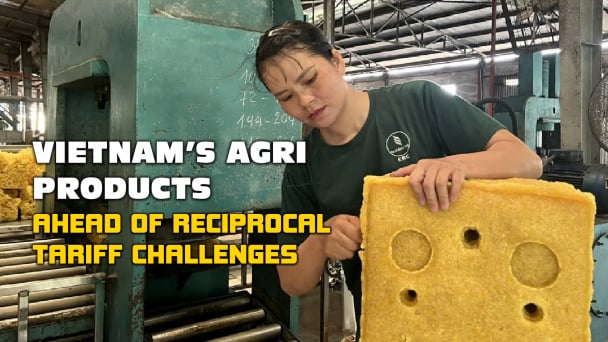
(VAN) Although the U.S. holds a small share of Vietnam’s rubber exports, newly imposed reciprocal tariffs are expected to impact the sector. Vietnamese enterprises must optimize the use of significant markets and free trade agreements.
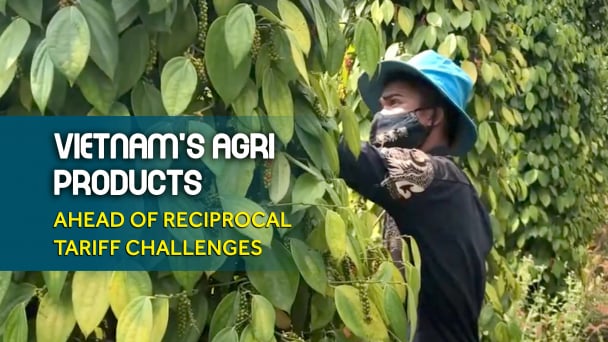
(VAN) Vietnam's pepper industry is looking forward to the final tariff decision in order to sustain its robust presence in the United States, the country's biggest pepper market.

(VAN) The U.S. is the largest market for Vietnamese cashew nuts. However, when exports to the U.S. encounter difficulties due to reciprocal tariffs, Vietnamese cashews still have many other potential markets.